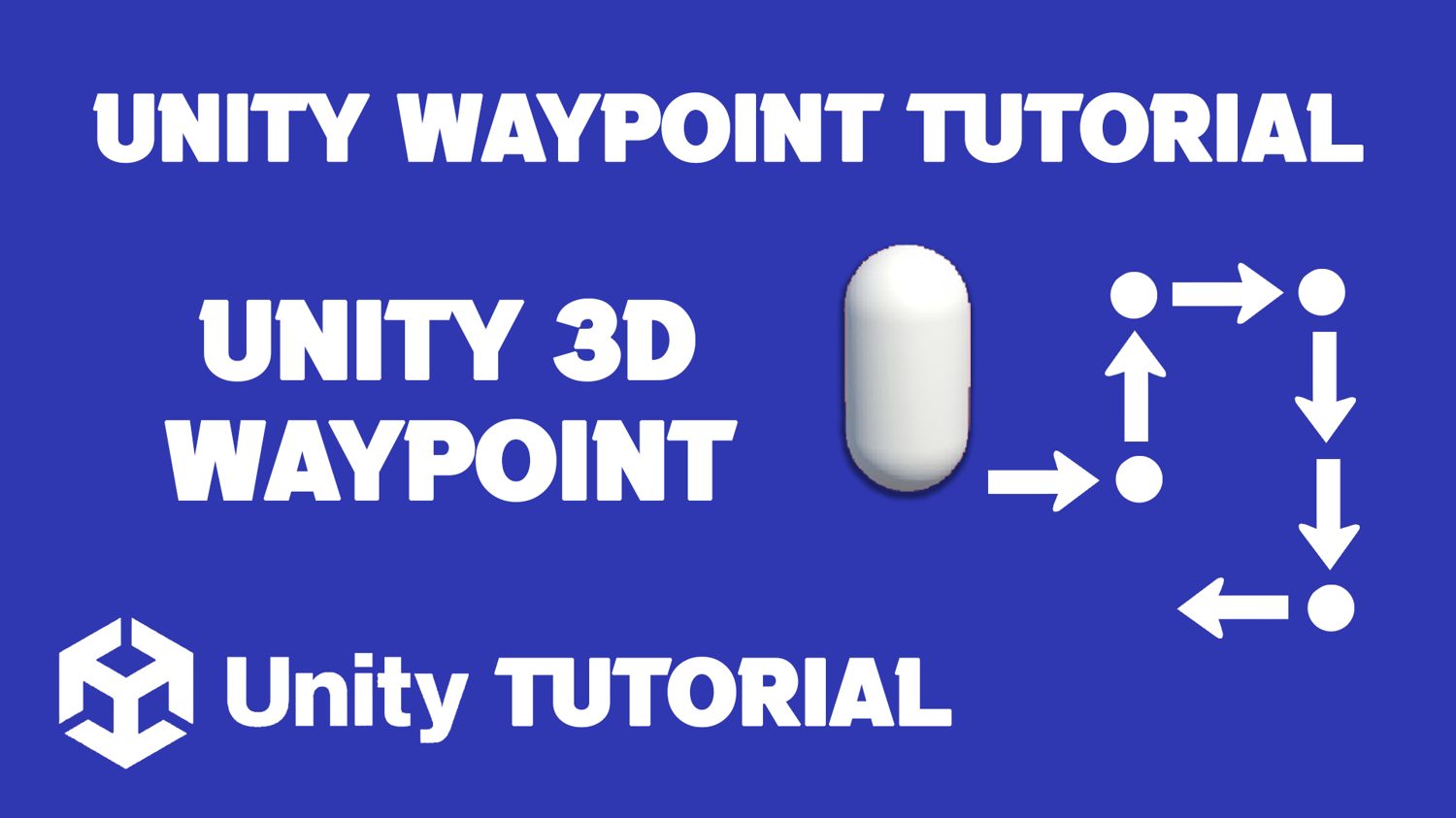Unity3D Waypoint Movement | Unity Tutorial
In this video tutorial, we’ll show you how to set up a waypoint system in Unity to control player movement along a predefined path. You’ll learn how to create and position waypoint markers in your scene, write a script to move the player character from one waypoint to the next, and handle smooth transitions between waypoints. By the end of the tutorial, you'll have a player movement system that navigates through a series of points, perfect for creating guided paths or automated sequences in your game. Ideal for Unity beginners, this tutorial provides clear, step-by-step instructions to enhance your game with controlled player movement.
=========================================================
CHECK OUT THE FULL TUTORIAL FROM HERE > How To Make Unity3D Waypoint System
=========================================================


